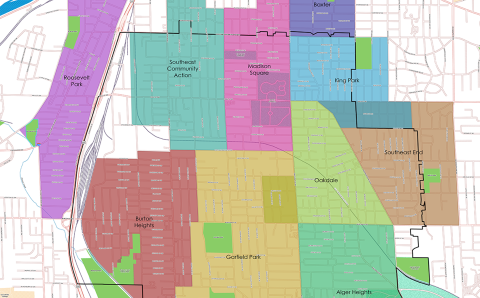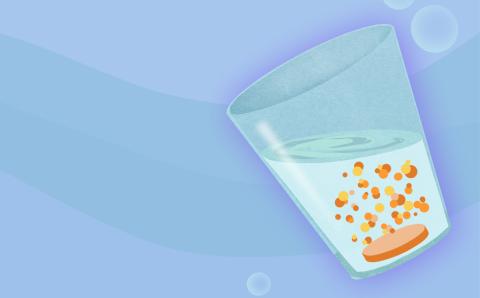Lovingly built 112 years ago, our old house has sheltered many: a professor, a pilot returned from World War II, and many others. I’m certain this house’s sturdy walls have beheld everything from joyous laughter to desperate tears. Yet I suspect they’ve never known inhabitants quite like my family.
I’m not just referring to the usually cheerful cacophony from the moment our youngest boys awaken until night falls. Our home is also witness to our unique needs, the highs and lows of a family where we all live with a disability, neurodiversity, or diagnosis.
In our home, there is much joy—and struggle. Each child was between the ages of 9 and 20 when they joined the family, and the walls daily see God weaving together our erratic, beautiful, painful, warm, devastating, hopeful stories.
When I was first preparing to adopt 14 years ago, I cherished the idea that love was what was most needed. My heart fought back when the instructor of our pre-adoption classes warned that love is not enough.
We’d envelop our kids in love and safety, I thought. We’d take them to the best therapists and professionals, enroll them in specialized schools, and teach them daily of God. Surely Jesus would bring healing to erase years of hurt.
The ensuing years humbled me. While numerous aspects of our journey have been wonderful, I’ve learned through many a broken day that genuine healing takes a long time. It is rarely linear, often messy, sometimes tear-flooded.
Sometimes healing doesn’t happen in our lifetimes. The effects of severe early childhood trauma, deprivation, and in utero alcohol and drug exposure have lifelong implications.
Our walls have collected stories of the beautiful and normal aspects of life—bedtime stories and cuddles, family game nights, and incremental growth. But that collection of stories also includes some excruciating days in which years of hurt have begun to be processed and expressed.
Children’s grief over being removed from the care of their birth parents and experiences of severe early childhood trauma, neglect, and maltreatment can manifest in angry outbursts, defiance, theft, lying, self-harm, and more.
In adulthood, life continues to be exceedingly hard for one of our kids. Our hearts have broken several times and known true desperation as this child has spiraled into crisis upon crisis.
I’ve now realized the truth in the instructor’s words. If the definition of “enough” is the idealized healing I’d envisioned, then love is not enough.
But God has gradually revealed to me a profound truth about love. Instead of providing healing, God walks beside us in our pain. God is near.
I’ve seen this in my own life since a life-altering accident. Having grown up in denominations emphasizing miraculous healing, I fully expected God to heal me too. Yet here I am, 24 years and thousands of prayers later, still living with significant disabilities. Severe chronic pain continues to wrack my body.
But, through it all, I’ve felt God beside me, loving me day in and out. In the words of Psalm 16:8 (NLT), “I know the Lord is always with me. I will not be shaken, for he is right beside me.”
God’s love has become my parenting model. I still take my kids to therapies, enroll them in specialized schools, and do all I can to provide a healing home environment. But I understand now that just as God walks beside me, my role is to walk alongside them.
While I cannot erase the pain of their early years or their continuing effects, I can be beside my children, advocate hard for them, love them with all I am, and most of all hold tight to the God who goes before and beside us.
When I look at love in this light, then yes, love is enough.
About the Author
Jenna C. Hoff is a freelance writer and editor in Edmonton, Alta. She is a member of Inglewood Christian Reformed Church.









